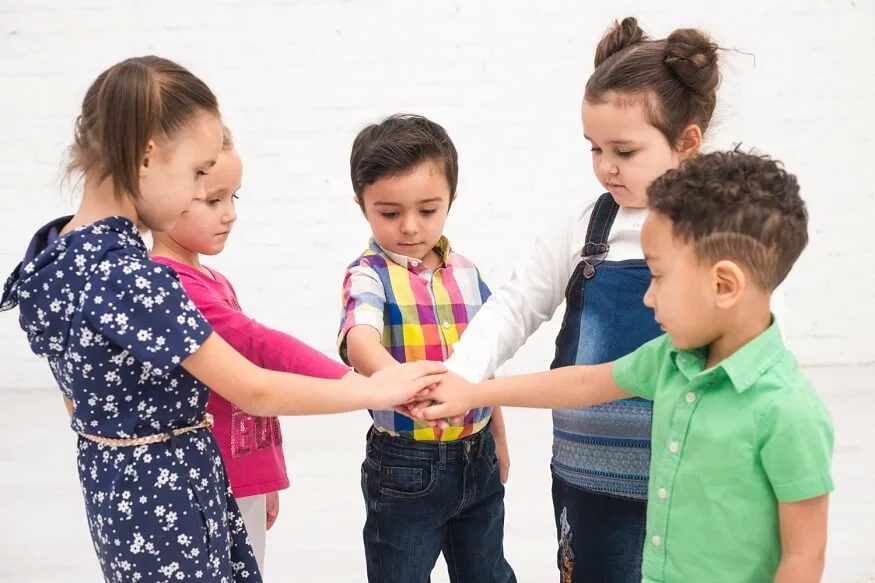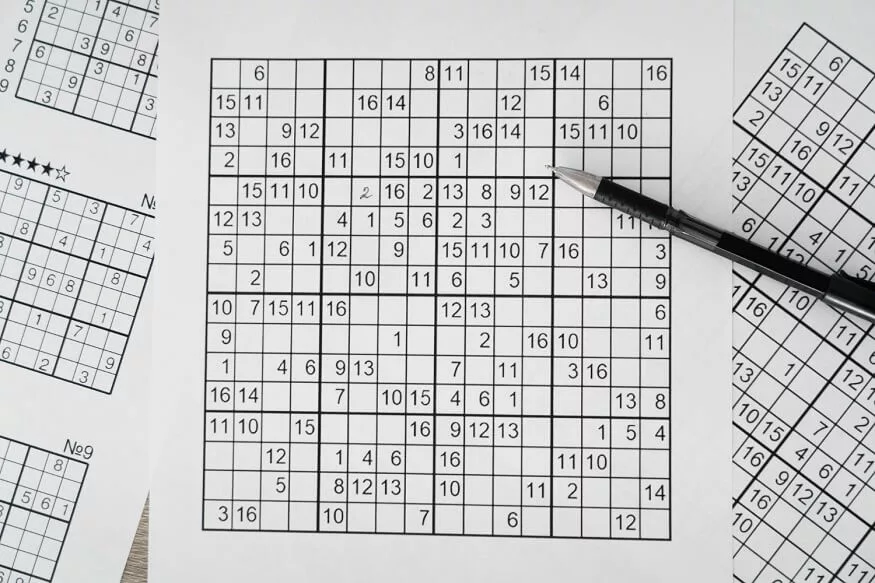Introducing preschoolers to the concept of community helpers and careers is akin to opening a door to a world of possibilities. This foundational learning not only instils a sense of community but also sparks the curiosity of young minds about the diverse roles that contribute to the functioning of society. In this exploration, we delve into the importance of teaching preschoolers about community helpers, discuss engaging activities, and emphasise the significance of this early exposure in shaping their understanding of the world.
The Foundation of Community Awareness
Introducing the idea of community helpers lays the groundwork for fostering a sense of belonging and shared responsibility. Understanding the roles of community members contributes to the development of social skills and empathy.
Learning about various community helpers exposes preschoolers to the diversity of careers and roles within society. Early exposure promotes inclusivity by acknowledging and respecting different professions.
Also Read: Teaching Values and Ethics through ICSE Textbooks
The Spectrum of Community Helpers: From Policemen to Bakers
Traditional Community Helpers
- Police Officers: Explaining the role of police officers in maintaining law and order, ensuring safety in the community.
- Firefighters: Introducing the heroic work of firefighters in tackling emergencies and protecting lives.
Medical Professionals
- Doctors and Nurses: Highlighting the role of healthcare professionals in keeping communities healthy.
- Paramedics: Discussing the vital role of paramedics in providing emergency medical assistance.
Educational Contributors
- Teachers: Acknowledging the importance of teachers in guiding and educating young minds.
- Librarians: Exploring the role of librarians in fostering a love for reading and knowledge.
Public Service Providers
- Bus Drivers: Recognising the role of bus drivers in ensuring safe transportation.
- Postal Workers: Understanding how postal workers facilitate communication and the exchange of goods.
Local Contributors
- Bakers and Chefs: Appreciating the contributions of bakers and chefs to the community’s culinary landscape.
- Farmers: Discussing the crucial role of farmers in providing food resources.
Engaging Activities for Community Helper Exploration
Here are some engaging activities for kids to explore community helpers
- Community Helper Dress-Up Corner: Setting up a dress-up corner with costumes representing various community helpers.
- Imaginative Play: Encouraging role-playing scenarios to enhance understanding and empathy.
- Community Helper Puppets: Crafting simple puppets representing community helpers for storytelling and interactive play.
- Career Collages: Creating collages featuring pictures of community helpers and related tools.
- Local Services Visit: Organising visits to local services such as fire stations or libraries.
- Guest Speakers: Inviting community helpers to talk about their roles and experiences.
- Read-Aloud Sessions: Incorporating picture books that showcase the roles of different community helpers.
- Storytelling Activities: Encouraging children to create their stories involving community helpers.
Also Read: Which Are The Preschool Teaching Methods and Techniques Used Worldwide
Immersive Exploration of Community Helpers
Weekly Themes
- Police Officer Week: Focusing on police officers, their uniforms, and the tools they use.
- Healthcare Heroes Week: Exploring the roles of doctors, nurses, and other healthcare professionals.
Hands-On Activities
- Bakery Day: Baking simple treats to understand the role of bakers.
- Farmers’ Market: Creating a mini farmers’ market to learn about farming and local produce.
Career Day
- Dress-Up Parade: Organising a career-themed dress-up parade where children can showcase their chosen community helper.
- Career Exploration Booths: Setting up interactive booths where children can explore tools and equipment used by different community helpers.
Integration with Pre-Kindergarten Curriculum
Here are different ways in which community helpers can be integrated with curriculum
- Vocabulary Building: Incorporating community helper-themed vocabulary into language lessons.
- Storytelling Exercises: Using community helper stories to enhance language skills.
- Counting Tools: Using tools related to community helpers for counting exercises.
- Shape Recognition: Identifying shapes associated with different community helper tools.
- Community Maps: Creating simple maps to understand the locations of community helpers.
- Cultural Awareness: Exploring how community helpers contribute to the cultural fabric of society.
- Tool Painting: Engaging in creative activities like painting with tools associated with community helpers.
- Community Helper Portraits: Creating artistic representations of community helpers.
Encouraging Career Aspirations
- Career Circles: Discussing different careers in a group setting to broaden perspectives.
- Career-themed Show-and-Tell: Encouraging children to share about the careers they are interested in.
- Guest Parent Sessions: Inviting parents or family members to share insights about their careers.
- Career Week Showcases: Displaying information about various careers with visuals and presentations.
- Drawing Aspirations: Encouraging children to draw or articulate their future career aspirations.
- Building a Future Wall: Creating a visual display of children’s future dreams.
Also Read: Teaching Moral Values through CBSE Textbooks
Challenges and Solutions
Limited Attention Span
- Challenge: Preschoolers typically have short attention spans, making it challenging to sustain their interest in a topic for an extended period.
- Solution: Break down the lesson into shorter, interactive segments. Use engaging and hands-on activities, such as role-playing or arts and crafts, to keep the children actively involved.
Abstract Conceptualisation
- Challenge: Understanding abstract concepts like different careers and community roles can be difficult for preschoolers.
- Solution: Use concrete examples and visual aids. Bring in props or invite community helpers for hands-on demonstrations. Storytelling with relatable narratives can also make these abstract ideas more accessible.
Limited Vocabulary
- Challenge: Preschoolers may have a limited vocabulary, making it challenging to grasp and express concepts related to careers and community helpers.
- Solution: Simplify language and use age-appropriate terms. Incorporate visuals, pictures, and real objects to enhance understanding. Encourage the use of gestures and role-playing to help reinforce vocabulary.
Diverse Backgrounds
- Challenge: Preschoolers come from diverse backgrounds, and their exposure to various community helpers may differ.
- Solution: Ensure inclusivity by presenting a diverse range of community helpers, reflecting various ethnicities, genders, and roles. Encourage discussions about the helpers the children may encounter in their own communities.
Limited Real-World Experience
- Challenge: Preschoolers may have limited real-world experience and may struggle to connect abstract concepts to their daily lives.
- Solution: Plan field trips, when possible, to local community places where children can meet community helpers. Bring in guest speakers, such as firefighters or police officers, to provide real-world context. Relate the concepts to the children’s personal experiences and environments.
Also Read: Cultivating Compassion: Teaching Kids to Be Kind to Themselves and Others
Teaching preschoolers about community helpers and careers is more than an educational endeavour; it’s a foundation for a lifetime of learning and understanding. Through engaging activities, immersive experiences, and thoughtful integration into the pre-kindergarten curriculum, EuroSchool plays a pivotal role in shaping young minds.











